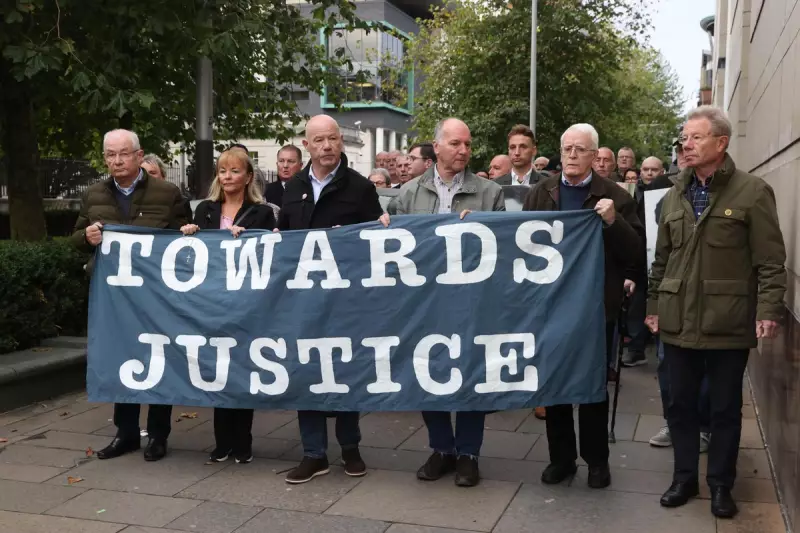
The shadow of Northern Ireland's troubled past looms once more as prosecutors reopen investigations into one of the conflict's most contentious chapters. The Public Prosecution Service for Northern Ireland has confirmed it's conducting a fresh examination of fatal shootings involving the Parachute Regiment in Londonderry back in 1972.
Historical Wounds Reopened
This renewed scrutiny centres on incidents that occurred during one of the bloodiest periods of the Troubles. The Parachute Regiment, already under intense historical scrutiny for its role on Bloody Sunday, now faces additional examination of its actions in separate shootings that claimed civilian lives.
The development comes after years of campaigning by victims' families who have refused to let their loved ones' deaths fade from public memory. Their persistent calls for accountability have now prompted official action, demonstrating that even after half a century, the pursuit of justice continues.
Legal Process in Motion
A spokesperson for the Public Prosecution Service stated that their review is proceeding "in accordance with the Test for Prosecution." This careful legal phrasing underscores the complex balancing act between addressing historical grievances and meeting contemporary evidential standards.
The cases under examination involve multiple individuals whose lives were cut short during a period of intense civil unrest. While specific details remain subject to legal constraints, the mere fact of renewed official interest represents a significant development for families who have waited decades for answers.
Broader Context of Historical Investigations
This latest review forms part of a wider pattern of re-examining Northern Ireland's troubled history. The British government's controversial Legacy Act, which aims to address the province's violent past, has itself become a subject of intense debate, with many victims' groups arguing it prioritises state protection over genuine accountability.
The Parachute Regiment's actions during the Troubles remain among the most scrutinised aspects of British military involvement in Northern Ireland. Each new investigation revives difficult questions about state responsibility, military conduct in civil disturbances, and the enduring impact of violence on communities.
As legal professionals carefully examine decades-old evidence, the people of Londonderry and beyond watch closely, aware that these proceedings represent more than just legal technicalities—they're about fundamental questions of justice, memory, and how a society comes to terms with its most painful chapters.





